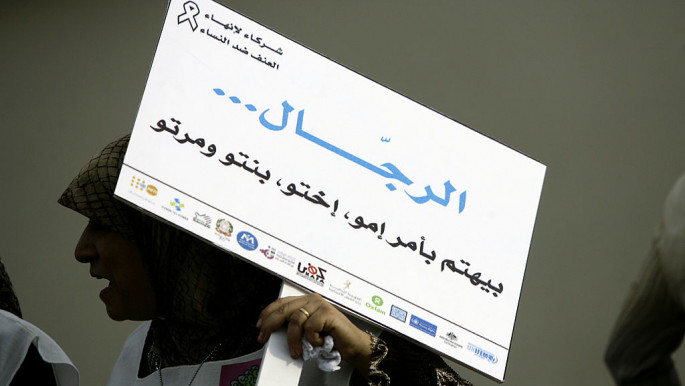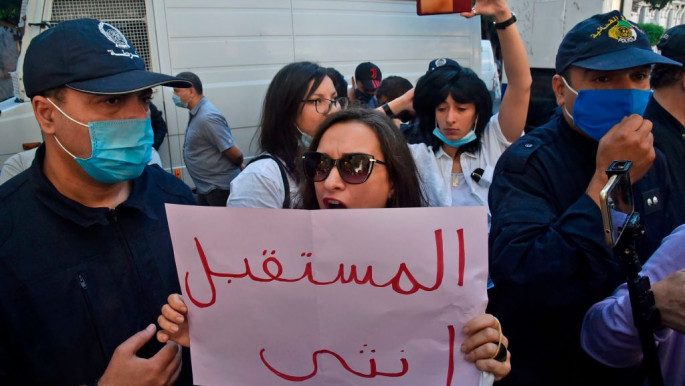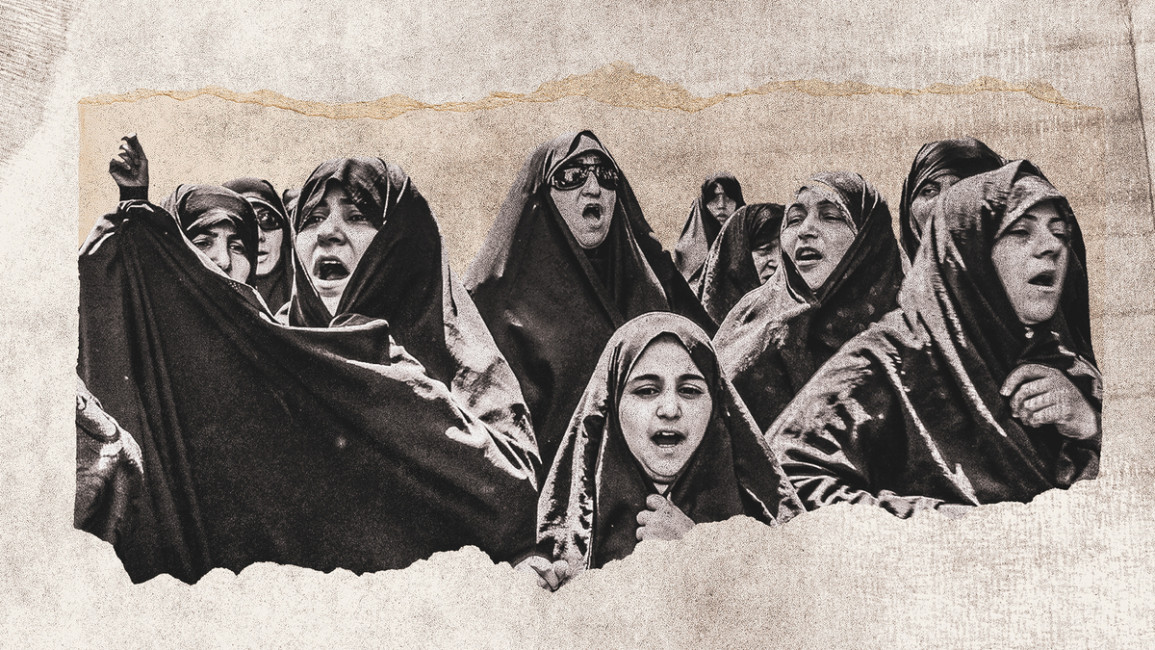
By Valerie Hopkins
Maksym Butkevych made his name in Ukraine as a journalist and human rights activist, campaigning on behalf of refugees and internally displaced people and serving on the board of Ukraine’s chapter of Amnesty International.
At the end of June, he was captured by Russian forces while fighting for Ukraine, and that hard-earned reputation became a potentially dangerous liability.
Russian propaganda began bragging about Mr. Butkevych’s detention almost as soon as he was taken hostage, in an ambush on his platoon during the battle for the eastern city of Sievierodonetsk. His family and friends chose initially to stay quiet, hoping silence would hasten the process of bringing him home.
But as pro-Kremlin media outlets have denounced Mr. Butkevych in wild terms — as both a “British spy” (he once worked for the BBC) and a “Ukrainian nationalist,” both “a fascist” and a “radical propagandist” — his colleagues and loved ones have come to fear for his life, and have decided to speak publicly about him to set the record straight.
The man they know, they say, is the opposite of the one portrayed on Russian television.
“He never accepted either the extreme-right views or the extreme left,” said his mother, Yevheniia Butkevych. “He took shape as a person who is absolutely alien to extreme positions, which, as a rule, are aggressive.”
Better Understand the Russia-Ukraine WarHistory: Here’s what to know about Russia and Ukraine’s relationship and the causes of the conflict.
On the Ground: Russian and Ukrainian forces are using a bevy of weapons as a deadly war of attrition grinds on in eastern Ukraine.
Outside Pressures: Governments, sports organizations and businesses are taking steps to punish Russia. Here is a list of companies that have pulled out of the country.
Updates: To receive the latest updates in your inbox, sign up here. The Times has also launched a Telegram channel to make its journalism more accessible around the world.
In fact, said Ms. Butkevych, her son was a pacifist who had maintained after Russian proxies invaded eastern Ukraine in 2014 that the best use of his talents was as an activist. But that changed on Feb. 24, when Russian missiles went crashing into his hometown, Kyiv, and cities and towns across the country.
The same day, Mr. Butkevych, 45, reported to a military recruitment center.
“He said, ‘I will leave my human rights work for a while, because now it is necessary, first of all, to protect the country, because everything I have worked on all these years and everything that we all worked for, the rules of our lives and of our society are now under threat,’” said Ms. Butkevych of what her son, her only child, had told her.
He was called up on March 4 and became a platoon commander around Kyiv, before being sent in mid-June to try to reinforce the army as it fought to keep Sievierodonetsk.
On June 24, Ms. Butkevych said, a volunteer called to tell her that there was a video circulating online of her son in captivity. His platoon had lost connection with their commanders. When two men went looking for water, she said, they were captured, and then they lured the rest of the group into a Russian trap.
“There has never been a worse period in my life,” Ms. Butkevych, 70, said.
Her son is one of an estimated 7,200 Ukrainian prisoners of war in the custody of Russia and its proxies in eastern Ukraine. It is a number that dims the prospect of a swift exchange.
“The situation is very complicated, because we have fewer prisoners of war than Russia,” said Tetiana Pechonchyk, a co-founder alongside Mr. Butkevych of the human rights nonprofit organization Zmina. “Russia also captures civilians and holds them as hostages, and we need to exchange those people, too. It’s a direct violation of human rights international law.”
Mr. Butkevych’s public profile may help him stay alive, but it may also make him vulnerable to ill-treatment. In an interview with The New York Times, the prominent Ukrainian medic Yulia Paievska detailed torture and relentless beatings during her three months in Russian custody. She was also dragged in front of television cameras and used as a prop in an attempt to paint Ukrainians as “Nazis,” one of the Kremlin’s justifications for the invasion.
She said that as hard as her treatment was, she feared that male prisoners faced “far worse.”
Mr. Butkevych last spoke with The Times in May, on the day that the Kyiv Opera reopened; he had come from his barracks to attend the first performance.
“It is a kind of promise that we will prevail. Life will go on, not death,” he said. “It is important not to forget that this is what we are fighting for.”
Russia and Ukraine signed an agreement in Istanbul to unblock more than 20 million tons of grain stuck in blockaded Black Sea ports in Ukraine, a deal aimed at bringing down soaring grain prices and alleviating a mounting global hunger crisis. But a string of Russian missile strikes in the southern city of Odesa, an important port for global grain supplies, risk undermining the deal.
Ukraine is again trying to make its case to the world that it can defeat the Russians with the right equipment, pointing to successful attacks using new long-range rocket systems. This is clear push back against skepticism among some Western countries that getting more weapons will allow them to turn the tide against Russia.
On the Ground
As Moscow signals it may be entering a more aggressive phase of its invasion, the front lines in the eastern Donetsk region have seen little relief, as Ukrainian soldiers there say they live under almost constant Russian artillery and aerial bombardment. But a rare military success by the Ukrainian troops in the eastern city of Pavlivka offered them a confidence boost.
Foreign Minister Sergey V. Lavrov, Russia’s top diplomat, said that his country’s territorial ambitions in Ukraine might broaden, adding that Moscow was now casting its gaze on a swath of Ukraine’s south, specifically naming the Kherson and Zaporizhzhia regions. In recent days, Ukraine has been intensifying attacks on Russian forces in the Kherson Province, suggesting that the ground is being laid for a broad Ukrainian counteroffensive in the region.
Valerie Hopkins is an international correspondent covering the war in Ukraine, as well as Russia and the countries of the former Soviet Union. @VALERIEinNYT
How We Verify Our Reporting
Our team of visual journalists analyzes satellite images, photographs, videos and radio transmissions to independently confirm troop movements and other details.
We monitor and authenticate reports on social media, corroborating these with eyewitness accounts and interviews. Read more about our reporting efforts.










